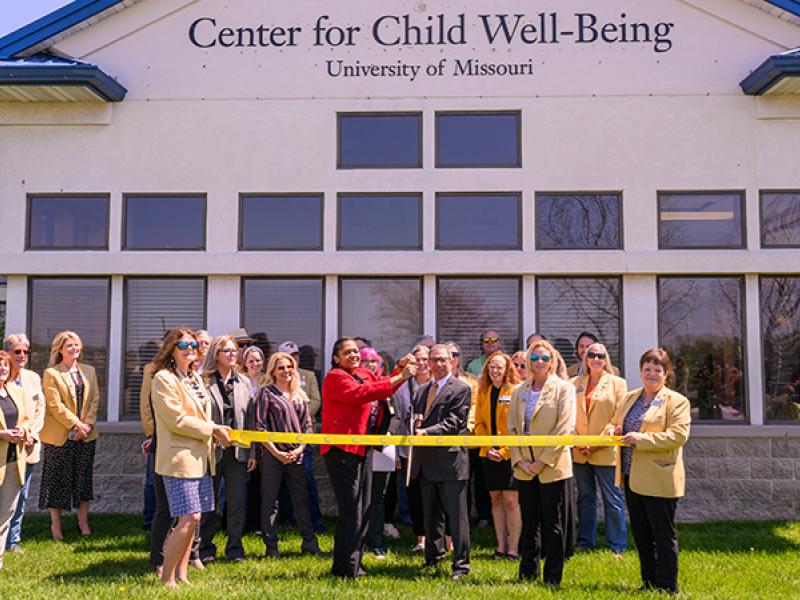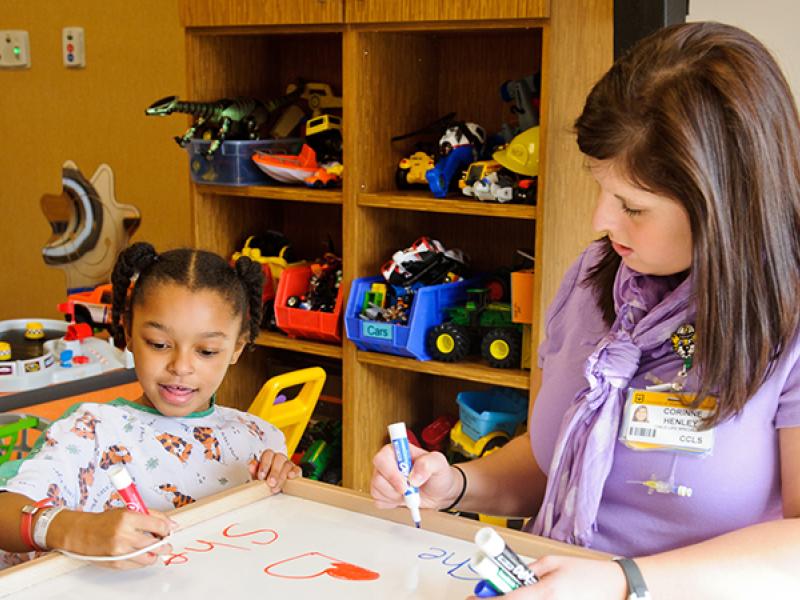The PGY-2 year of our residency is a continuation of strengthening the foundation established as an intern. During this year, we have exposure to most rotations: 2.5 months of Consult Liaison service at University Hospital/Psych ED, 2.5 months of night floats at Psych ED in a team of two second year residents, 2 months of Inpatient care at MUPC, 1-2 months of Forensic Psychiatry at Fulton State Hospital/Nixon Forensic Center, 1 month of Addiction Psychiatry at McCambridge Treatment Center, 1 month of Child Inpatient care at MUPC and 2 months of Neurology Service at the University Hospital.
As second year residents, we rotate through 2.5 months of Consult Liaison service where we continue to dive into the management of medically complex patients on medical and surgical floors. We help make important decisions in the comprehensive care of these patients and support our colleagues in maintaining a therapeutic competence. Our consult team also takes care of our Psych ED/Assessment Unit (AU) patients, with ample support from PA fellows, who are an important part of our program. A team of two second year residents complete 2.5 months of night floats, where patients are treated in the Psych ED after their medical clearance from the main ED. The team also manages emergent floor consults and patient admissions at the VA and Birthing Center. By the end of the night float, we pretty much are ready to take on the world due to the myriad of cases and consults we see as a team.
We spend 2 months at the inpatient unit at MUPC as senior residents, while teaching medical and PA students and managing our own case load of 8-10 patients. We continue to hone our skills in testifying for 21-day patient commitments (if they are needed) with aid from our excellent court liaison team and tele courts.
We have a fascinating opportunity to rotate through Nixon Forensic Center, a state-of-the-art forensic hospital that opened in 2019 and replaced the previous Fulton State Hospital, established in 1851, the oldest public mental hospital west of the Mississippi River. This rotation allows us to view the management of patients at a maximum-security facility who are found not guilty or unable to stand trial by reason of mental disease or defect with underlying criminal charges.
We also rotate through McCambridge Treatment Center, an inpatient rehab in Columbia exclusively for women with chemical dependence. We provide medication management either in person or via telepsychiatry. This is a rewarding experience as we help patients with dual diagnosis who are also struggling socio-economically. During our 2 month Neurology rotation, we grow more mature as we learn the interface between Neurology and Psychiatry. We treat patients with underlying Conversion Disorders, NMDA encephalitis, movement disorders and TBI, while still learning classic neurology cases of stroke, myasthenia gravis and Multiple Sclerosis.
We also do 2 long call (12-hour day or night) weekend shifts where we manage the Psych ED, VA admissions and medical floor consults, as well as 2 or more (negotiable) evening/short call shifts from 4:30 pm - 9:30 pm on weekdays that we get paid for on an hourly basis, a great perk of our program!
Naturally, the second year of training builds on lessons learned during the first year. My colleagues come from different parts of the world and the country and our patients congregate from far and near. This special mélange helps me respect and recognize different ways of learning the art and science of Psychiatry while maintaining a great work-life balance in this beautiful town.
-Akriti Sinha, MD





